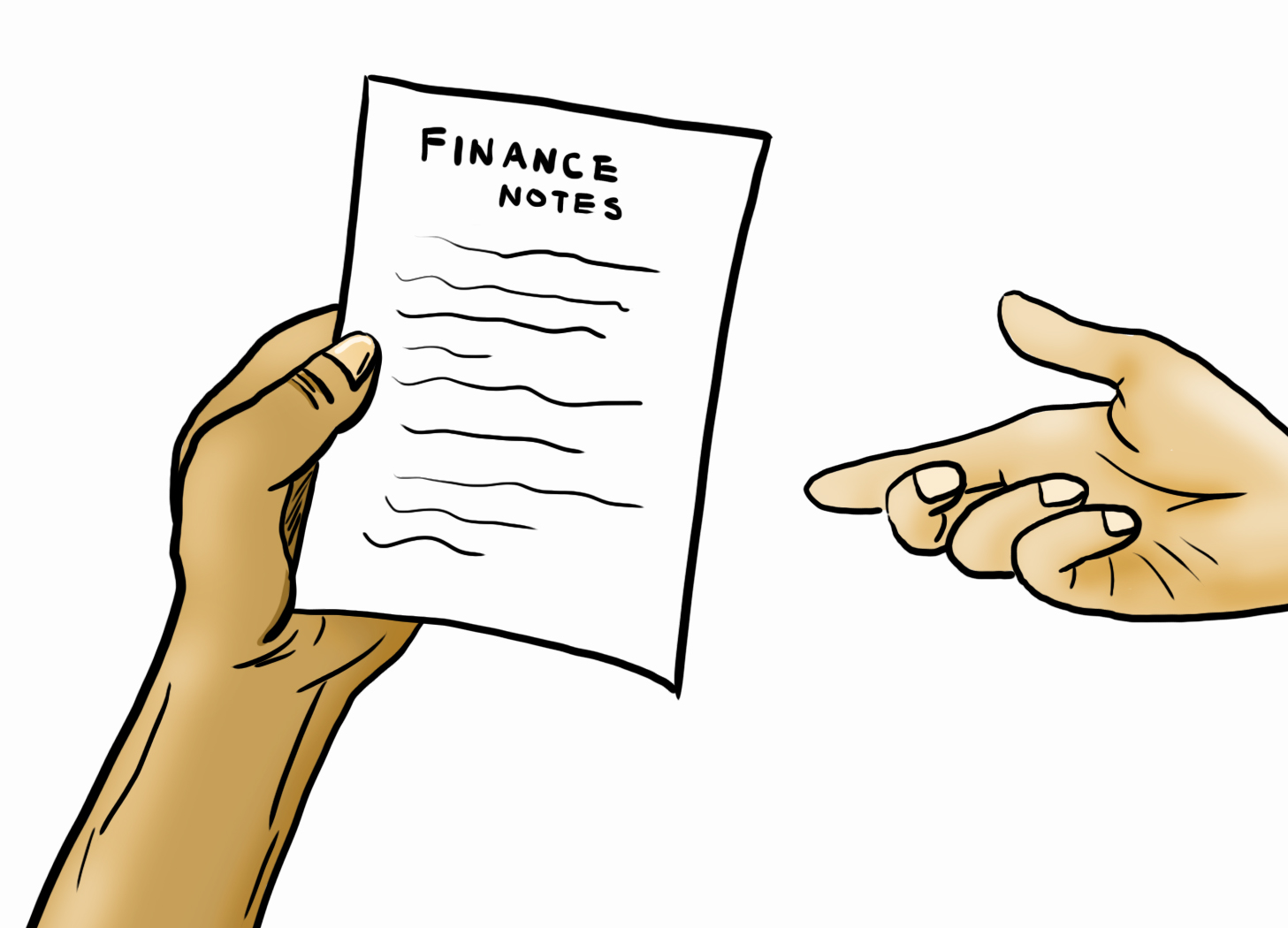No penalty for online notes


Two weeks ago, an incident of academic misconduct was brought to the attention of deans across faculties at Wilfrid Laurier University.
The infraction involved copyrighted publishers’ material — that pertained to bachelor of business and administration (BBA) courses — which was found on two note-sharing websites in particular: a BBA Dropbox folder and “WLU Notes,” a site that featured courses from business, arts and science faculties.
Both sites were taken down shortly after the misconduct was discovered. As well, at least one publisher announced they would be undertaking investigations.
Kim Morouney, associate dean of business, academic programs and association professor at Laurier, spoke to developments in the case.
“We have not heard anything back from the publishers,” said Morouney. “That’s not really a surprise.”
She explained that they did receive a name from the publisher which Morouney already had knowledge of. Though she sent the individual an email, they are no longer a student and so she said, “There is not much else [she] could do.”
As a result of the incident, there were two courses that Morouney had knowledge of that were concerned about the impact of unauthorized material being available to students as it may have given them an unfair advantage.
She explained that, at times there are performance anomalies across sections on a particular test, but that this is not abnormal and could be due to a number of reasons.
“To me it’s not unusual that there would be differences between sections and I don’t think we can prove that there were any differences due to access to unauthorized material,” Morouney said.
She doesn’t believe that much else will happen in terms of an investigation into the incident.
“That to me is the main take away: is that maybe now students are better informed and maybe faculty are better informed.”
Though several arts courses were also available on the “WLU Notes,” the site was taken down before Mercedes Rowinsky-Geurts, associate dean of student affairs and special projects for the faculty of arts, could investigate for copyrighted material.
Since then, she has met with a student about another note-sharing site, called “One Class,” which he had been posting his notes to.
The student was not penalized, but Rowinsky-Geurts explained the concern she had with his actions: that if a student uses their notes to write an essay and then posts those notes online, another student may use those notes without quoting their source and both are charged with plagiarism.
“Keep everything under wrap,” Rowinsky-Geurts said of the advice she gave him. “I mean sharing notes of any kind or ideas. If you’re exploring a theme for an essay, do not share.”
“I think it’s a message we need to spread with students,” she continued. “It’s not being selfish, it’s not being a bad friend. It’s that this is your own work.”
As of now, she said the case has been closed and no further investigation will be conducted in terms of any of the websites.
Morouney, however, expressed her endorsement of students sharing notes.
“I actually think it’s really helpful for students to work together. And working together virtually is fine.”
But Morouney emphasized the difference between accessing someone else’s notes to help supplement your understanding versus accessing notes to substitute for your own work.
“Students have to realize there isn’t a shortcut. So if you’re looking on those study sites for a shortcut then it doesn’t make sense to your own performance.”


